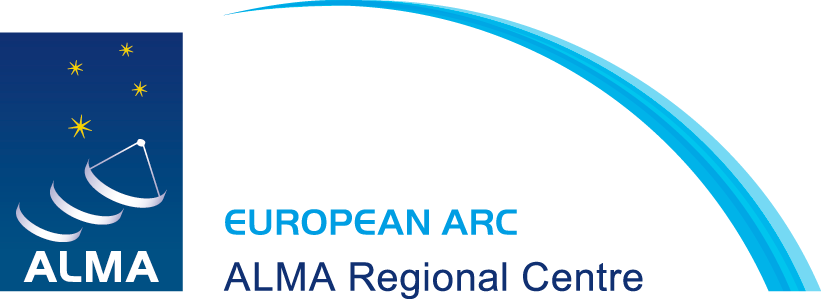European ARC Announcements
European ARC Announcements are provided by ESO and the European ALMA Nodes that together make up the European ALMA Regional Centre Network.
Fourth European ALMA Regional Centre community assembly
Published: 05 Dec 2021I-TRAIN #11: Continuum level determination with STATCONT
Published: 22 Nov 2021ALMA Explained in 3-min videos
Published: 18 Nov 2021Receive news items from your local node
Published: 17 Nov 2021Query the ALMA Science Archive with Jupyter Notebooks
Published: 17 Nov 2021ALMA Science Archive object-type search
Published: 17 Nov 2021Research Associate Position at the UK ARC Node
Published: 15 Nov 2021
« Previous
1
| 2
| 3
| 4
| 5
| 6
| 7
| 8
| 9
| 10
| 11
| 12
| 13
| 14
| 15
| 16
| 17
| 18
| 19
| 20
| 21
| 22
| 23
| 24
| 25
| 26
| 27
| 28
| 29
| 30
| 31
| 32
| 33
| 34
| 35
| 36
| 37
| 38
| 39
| 40
| 41
| 42
| 43
| 44
| 45
| 46
| 47
| 48
| 49
| 50
| 51
Next »
Showing 169 to 176 of 402 announcements

